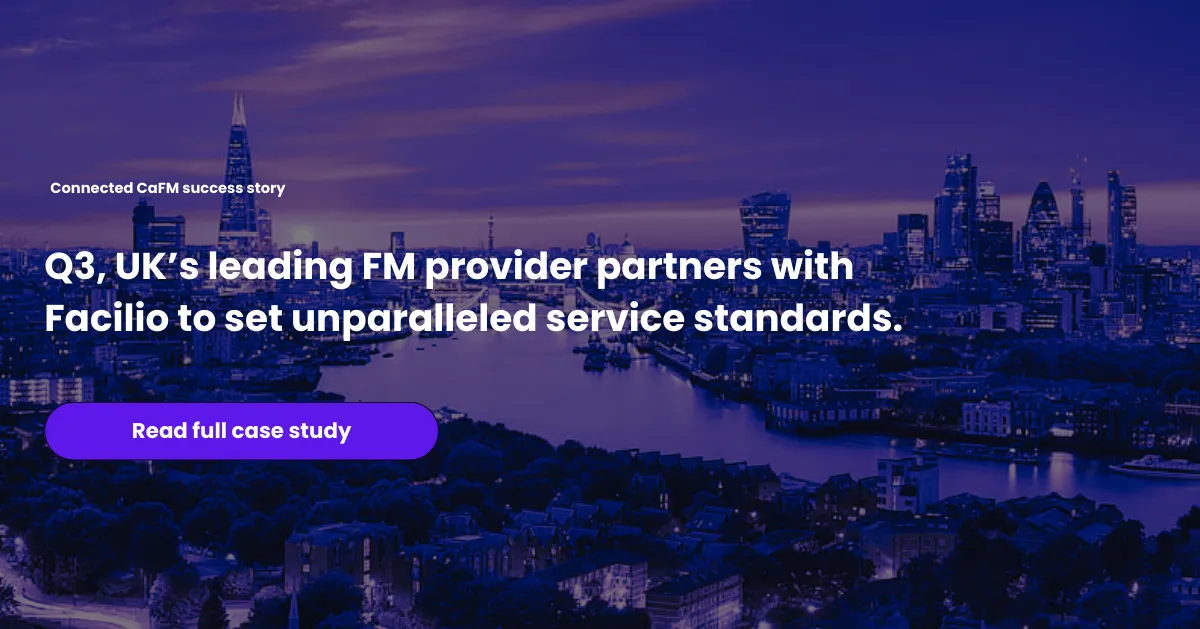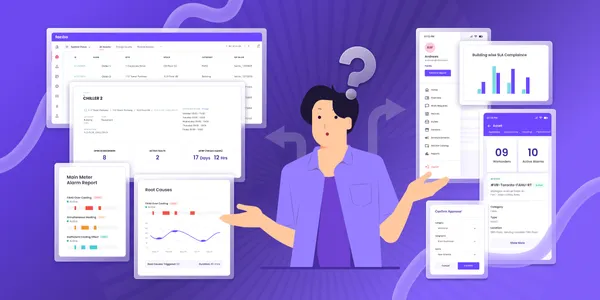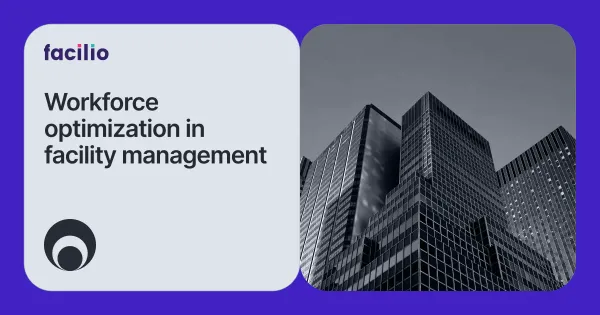
The Open Book Policy: How Radical Transparency Revolutionizes Client-IFM Relationships
For years, the IFM industry operated under a veil of opacity. Clients received periodic reports, often riddled with jargon and lacking actionable insights. Communication was sporadic and reactive, leaving clients feeling out of the loop and disempowered.
Q3 Services, like many of their peers, found themselves trapped in this outdated model. Their hardworking team was bogged down by manual processes, data silos, and a lack of real-time visibility.
Clients grew frustrated with the lack of transparency and responsiveness, jeopardizing contract renewals and stifling growth.
The turning point for Q3
Mark Hazelwood, Managing Director of Q3 Services, recognized that this traditional approach was unsustainable. He envisioned a new paradigm where transparency wasn't just a buzzword but a core value.
"We realized that our clients weren't just buying a service; they were investing in a partnership," Hazelwood explains.
"To truly deliver value, we needed to give them a seat at the table, empowering them with the information and tools to make informed decisions."
Reimagining technology as an enabler to repair the fractures
This paradigm shift required a technological leap. Q3 Services partnered with Facilio, a connected CAFM platform that offered a centralized hub for all aspects of their operations.
Facilio's real-time data, customizable dashboards, and automated reporting capabilities provided the foundation for Q3's transparency revolution.
The Open Book Policy: A bold move
Q3 Services didn't just open their books; they threw the doors wide open. Clients were given unprecedented access to:
- Real-Time Data: Performance metrics, energy consumption, maintenance costs – all available at their fingertips.
- Customizable Reports: Clients could tailor reports to their specific needs, accessing the information that mattered most to them.
- Proactive Alerts: Instant notifications of potential issues empowered clients to take swift action, preventing costly problems.
- Direct Communication Channels: The platform fostered open dialogue and collaboration between Q3 Services and their clients.
"Facilio has been a game-changer for us," says Mark Hazelwood, Managing Director of Q3 Services.
"It has not only streamlined our operations but also revolutionized the way we interact with our clients.
The transparency we now offer has built trust, strengthened relationships, and ultimately, propelled our business forward."

Operational outcomes beyond just cost savings
The impact of Q3 Services' radical transparency went beyond operational improvements. It fundamentally changed their client relationships:
- Trust & Partnership: Clients felt valued and involved, leading to deeper trust and stronger partnerships.
- Proactive Problem Solving: Real-time data enabled Q3 Services to identify and address issues before they escalated, demonstrating their commitment to client success.
- Continuous Improvement: Open communication fostered a culture of collaboration, where both Q3 Services and their clients worked together to identify opportunities for optimization.
The takeaway: Transparency as a strategic advantage
Q3 Services' journey is a testament to the power of radical transparency. By embracing technology and prioritizing open communication, IFM providers can transform their client relationships, drive innovation, and achieve sustainable growth.
The results speak for themselves. Q3 Services experienced:
- Increased Client Retention: Clients were more likely to renew their contracts, recognizing the value of a transparent and proactive partner.
- Improved Operational Efficiency: Data-driven insights led to optimized resource allocation, reduced costs, and enhanced service delivery.
- Enhanced Brand Reputation: Q3 Services' reputation for transparency and innovation attracted new clients and top talent.
The open book policy is not just a trend; it's the future of facilities management.

More from Facilio














